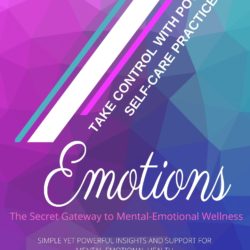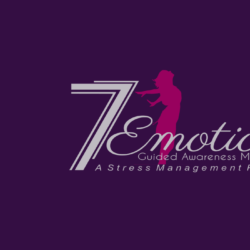I’m often asked by patients to evaluate the supplements and herbs that they have chosen to take on their own or prescribed by others. Unfortunately, unless they are the same manufacturers I have researched and have accepted to use in my clinical practice, it’s difficult for me to be sure they will be effective. I’ve tried recommending using supplements from the local drug store but results tended to be poor for treatment.
Here’s some points about supplements and herbal formulas to understand:
- Improper processing of supplements and herbal formulas can destroy their nutrients and medicinal properties.
- Without proper testing, they may not contain the nutrients and active ingredients they claim to contain.
- Supplements and herbal formulas also need to be tested for impurities and toxins.
- They need to be prescribed by a professional who understands their effectiveness and benefits based on sound principles.
What’s the difference between supplements and herbal formulas here at the clinic? Good question! I’m glad you asked! Think of supplements as necessary micro-nutrients such as vitamins and minerals. Herbal formulas are made up of specific herbs designed to address specific signs, symptoms or conditions.
The supplements I used at the clinic are whole food based supplements mostly from Standard Process. Whole foods means they have been made into pills from real whole foods instead of synthesized or artificially created. When a patient asks me if these whole food supplements will interact with their medication I read the label of ingredients and I say do you think there will be an interaction with carrots, beets, liver – these are whole foods made into pills? There are many foods out there that people don’t eat but contain important nutrients they are missing out on.
I am all about what is natural and whole foods are the real deal. Science doesn’t understand the effectiveness of every constituent in a food or an herb. I find it funny when I hear about how science tells us based on new research that iron can be absorbed better if combined with vitamin C or Calcium will be absorbed better if combined with magnesium citrate. Guess what? These constituents and others that we haven’t begun to understand are already combined naturally in specific whole food supplements so why reinvent the wheel! They may have a better idea in another 100 years or so on how these things work but unless you have another plan to stay healthy to be able to wait that long, I’m going with whole food supplements. How about you?
Chinese herbal medicine is used here at the clinic. I was formally trained in their effectiveness and use. It’s my humble opinion that Chinese herbal medicine is the best herbal medicine. Here’s why…the Chinese have one of the oldest forms of written language. When you can write down information on the herbs used and their efficacy you can pass it along to future generations. Traditional Chinese Medicine has been around for thousands of years – that’s a lot of information to write down. That’s not what I call light reading but you get my point.
The body changes and so should your herbs and supplements. Maybe your supplement protocol needs to be updated. Staying on the same supplements through different health issues and different times in your life i.e for a women through their menstrual cycle or after menopause is not recommended and needs to be tracked by a health professional who understands these changes and what’s required for optimal support.
Chinese herbal medicine is not something an MD has been trained to understand with formal education. They aren’t trained so they don’t know. Identifying effective herbs and supplements requires education, training, research and clinical practice.
Dosage is often under-estimated and needs to be modified based on various factors including a persons weight and presenting health conditions.
Some patients have poor digestive function and are wasting their money on things they can’t digest well. The treatment in this case needs to be shifted to focus on improving digestion instead of loading up on all sorts of herbs and supplements that can’t be digested.
Intolerances need to be considered. Patients with fibromyalgia, Celia, ulcers, food sensitivities and allergies or intolerances to milk or gluten as a few examples will need specialized whole food supplements and herbal formulas that won’t be problematic. I choose high quality products from manufacturers who understand these important needs and label their products accordingly to provide the best care.
So with all this said make sure you get professional help when it comes to choosing effective supplements or herbal medicine to support your health concerns. If you’re interested in doing a whole food supplement consultation or an Chinese herbal medicine consultation contact my office to learn more.







